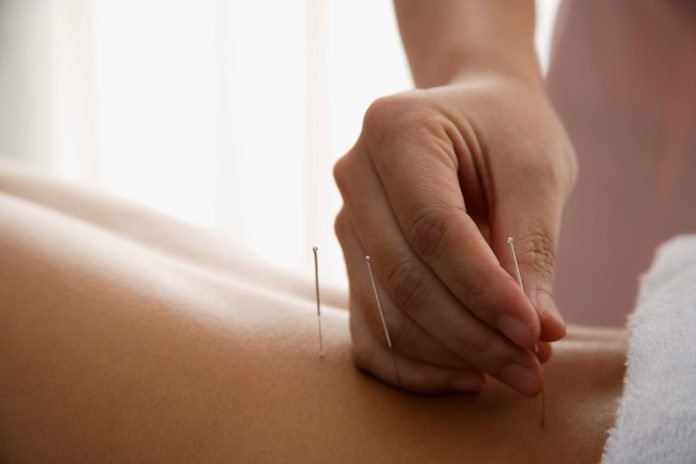
In the search for alternative methods to manage high blood pressure, acupuncture has emerged as a fascinating option.
Originating from traditional Chinese medicine, acupuncture involves the insertion of thin needles into specific points on the body to balance energy flow.
While it might sound daunting to some, evidence suggests this ancient practice could offer modern benefits for controlling high blood pressure.
This review explores what research says about acupuncture as a treatment for high blood pressure, breaking down the science into bite-sized, understandable pieces.
High blood pressure, or hypertension, is a widespread condition where the force of blood against artery walls is too high, posing risks for heart disease and stroke.
With the world leaning towards holistic and integrative health approaches, acupuncture has attracted attention for its potential to help manage this silent killer.
The principle behind acupuncture is that it can stimulate the body’s natural healing processes. According to traditional Chinese medicine, this stimulation can help balance the flow of Qi (vital energy) through pathways known as meridians.
In the context of high blood pressure, the goal is to promote relaxation and reduce stress, which are significant contributors to hypertension.
But what does the research say? Several studies have looked into acupuncture’s effects on blood pressure with promising results.
For instance, a study published in the Journal of Clinical Hypertension reported that participants who underwent acupuncture sessions showed significant reductions in blood pressure levels compared to those who didn’t receive acupuncture.
These reductions were not just immediate but sustained over time, suggesting long-term benefits.
Moreover, research indicates that acupuncture might work by stimulating the release of natural opioids in the body, which can decrease the heart’s activity and lower blood pressure. It’s also thought to reduce levels of stress hormones, which can narrow arteries and raise blood pressure.
However, it’s important to note that acupuncture’s effectiveness can vary from person to person. Factors such as the skill of the practitioner, the specific points targeted, and the individual’s overall health and lifestyle can all influence the outcomes.
Some studies suggest that for acupuncture to be genuinely effective in lowering blood pressure, it needs to be part of a comprehensive approach that includes dietary changes, exercise, and stress management.
Despite the encouraging findings, skepticism remains in the medical community due to mixed results across studies. Critics argue that more standardized, high-quality research is needed to fully understand acupuncture’s role in treating high blood pressure.
Meanwhile, supporters of acupuncture emphasize its benefits, especially for those seeking alternatives or complements to conventional treatments.
For those considering acupuncture, it’s critical to consult with healthcare professionals and choose a qualified and licensed acupuncturist.
While acupuncture is generally safe when performed correctly, it’s not suitable for everyone, and ensuring the practitioner understands your medical history is essential.
In conclusion, acupuncture presents an intriguing alternative for managing high blood pressure, offering a holistic approach that targets the body’s natural healing mechanisms.
While it may not replace traditional treatments, it could serve as a valuable complement, especially for those looking for ways to manage stress and promote overall well-being.
As research continues to evolve, the hope is that more definitive guidance will emerge on acupuncture’s place in the hypertension treatment landscape.
For now, it represents a bridge between ancient wisdom and modern health, pointing to the potential of integrative approaches in managing chronic conditions.
If you care about high blood pressure, please read studies that early time-restricted eating could help improve blood pressure, and coconut sugar could help reduce blood pressure and artery stiffness.
For more information about blood pressure, please see recent studies about added sugar in your diet linked to higher blood pressure, and results showing plant-based foods could benefit people with high blood pressure.
Copyright © 2024 Knowridge Science Report. All rights reserved.



